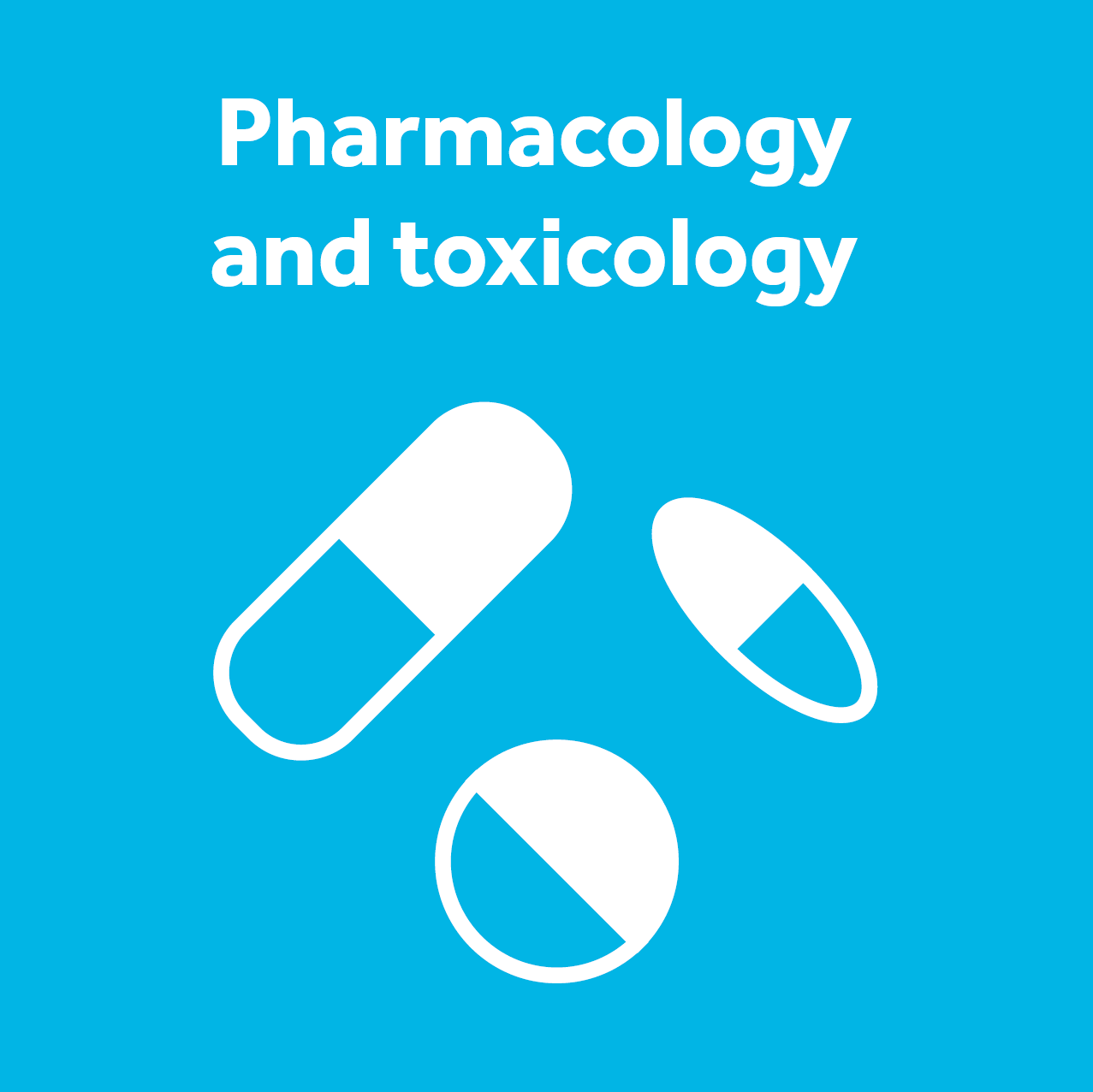
The Pharmacology and Toxicology course aims to provide students with a comprehensive understanding of pharmaceutical products and toxic substances, focusing on their mechanisms of action, therapeutic effects, and potential health risks. The course highlights both the beneficial and harmful aspects of bioactive molecules, encouraging a critical and responsible approach to their use.
The pharmacology section introduces the nature and structure of major drug classes such as antibiotics, hormones, and inhibitors. It covers pharmacodynamics, which explores how drugs act on the body, including absorption, distribution, metabolism, and elimination. Pharmacokinetics is also discussed, addressing drug dependence, biological and clinical parameters, side effects, and drug intoxication.
The toxicology section focuses on toxic agents of plant, chemical, or industrial origin. It examines their mechanisms of action, from exposure to biological response, distinguishing between toxicokinetic and toxicodynamic phases, as well as toxic synergies. Physiopathological effects are analyzed according to the type of toxicity—acute, subacute, or chronic—including mutagenicity and carcinogenicity.
Based on prior knowledge in chemistry, cell biology, and biochemistry, this course trains students to identify, understand, and evaluate the complex interactions between chemical substances and biological systems.
- Enseignant: Nassima senani
